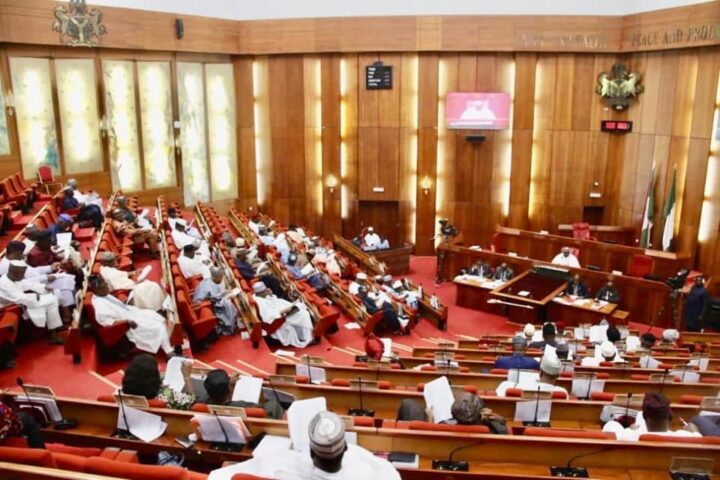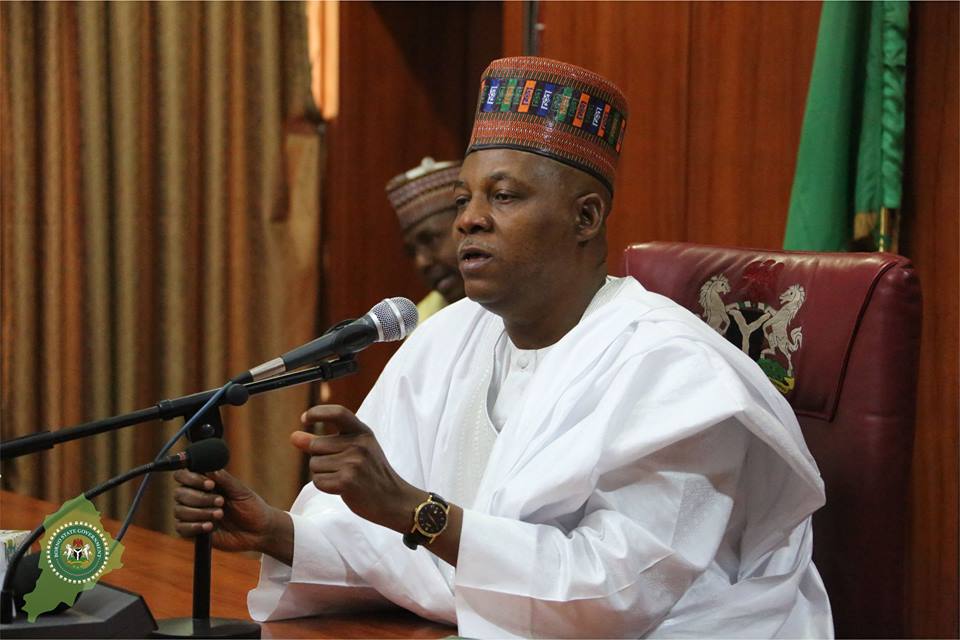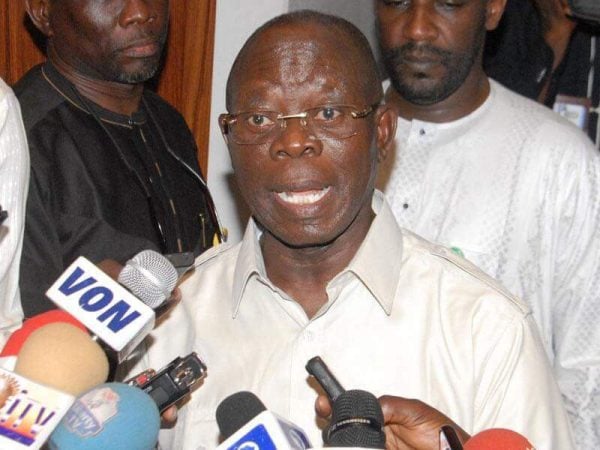BY DEBORAH LONDONO
In early March 2019, I drove to the internally displaced persons (IDPs) settlement located in Apo, the southeastern part of the Nigerian capital Abuja to speak with the chairman of the settlement. But, upon my arrival, he called to say he was leaving for an emergency meeting and directed me to the vice-chairman. It turned out to be a good coincidence. Danjuma Ali, the vice chairman, is from Gwoza, a town in Borno State in northeastern Nigeria where Boko Haram terrorists are actively fighting government security forces. Like many other IDPs, he fled his home when the Boko Haram insurgency erupted in the northeast region in search of safety and shelter in Abuja.
After moving, the road to restarting afresh is often filled with hurdles. For instance, Danjuma is a farmer, but starting a farm operation in his new settlement is not easy. Land is scarce in Abuja and, even where it’s available, lack of access to finance becomes a stumbling block.
For this reason, Danjuma and many others travel to the outlying areas of the capital in search of land to cultivate. Most of them settled for Auta- Balefi, a quiet village nestled along Abuja-Keffi expressway in central Nigeria Nasarawa State.
Advertisement
Unfortunately, not everybody can access these lands because of the distance, travel costs, and lack of money to buy vital inputs like chemicals and fertilisers. Renting lands costs between 30 and 50K naira; some IDPs share the price and work the land together. In lieu of taking a lease, some IDPs entered into agreements with the landlords to offer some portion of their harvest. Either ways, the IDPs are left with little to sell or reserve for their families after settling the land owners.
Access to the market is another major barrier, as the displaced people struggled to find buyers for their produce. And stalls in the markets are pricey and out of their reach. These challenges inspired the IDPs to think and find lasting solutions. “We had to find a solution, so we created our market” Danjuma says.
Since most IDPs farm beans it was easy to figure out a solution together. Before the farmers went as far as the southwestern Nigerian city of Ibadan where this huge demand for beans to look for buyers, but they were not always getting a good bargain. In 2015, the chairmen of IDP settlements decided to gather together and, it was during this meeting in mid-2015, that they get land from the host community to start their own market They taxed themselves and rented a tract of land to start the beans market. The chairman reached out to buyers from Nigeria southwest and soon they would flock to the market, named IDP Farmers’ Beans Market, without hesitation.
Advertisement
Every Monday and Tuesday buyers from Ibadan, Lagos, Maiduguri and Abuja come here. In the last three years the market has been expanding and now there are 90 vendors inside.
I decide to visit Auta with Danjuma who takes me to this bustling market, about 40-minute taxi drive from Abuja. Small sheds made of pieces of aluminium were packed with bags of beans.
It is a quiet day; the sellers lay on the shadow of their sheds waiting for clients or go around to banter and exchange greetings. Danjuma introduces me to the secretary of the market David Yakubu who invites me to sit with him. He explains me that besides the great achievement that the IDPs have attained, opening a market only with their efforts, they are facing many challenges.
First, in order to cultivate lands, IDPs are taking loans to pay for tools and chemicals necessary for farming and they often have to repay these loans immediately after harvest. This means the IDPs might struggle if they do not get help with inputs, especially from the government and humanitarian agencies.
Advertisement
Second, the market is located at the outskirts of the city. In addition to this, the market needs to diversify its offering with other products in order to attract more clients. Another challenge is the security of the place because they are very afraid of losing their beans because of any accident or natural disaster. The few people they have as vigilantes at night are not even enough to keep thieves away. In addition to this, vendors have also to pay revenue to the local Government.
Auta- Balefi market shows the resilience of IDPs, however without the help of local authorities and the Ministry of Agriculture and other donors the farmers might struggle. In December 2018, the then Minister of Agriculture Audu Ogbeh visited the beans market for an assessment of IDPs needs, however until now people have not received any kind of assistance. IDPs want to be able to support themselves but because of the many challenges they are facing it is very difficult. In order to allow them to reintegrate into society it is necessary to help them to access the labor market and become self-sufficient. For instance, those who are into farming need support to buy tools, chemicals and other incentives. Being able to work, rather than sitting and waiting for aid, is one of the long-term solutions capable of guaranteeing a future to displaced people, but in order to achieve this they need help, always.
Deborah G. Londono is a post graduate student at Leiden University, Netherlands
Advertisement






